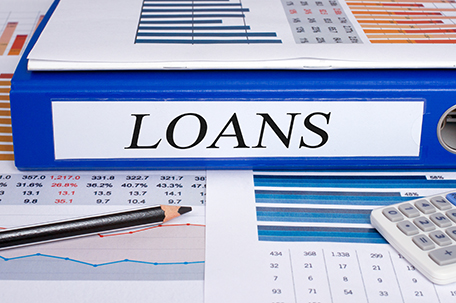
(BPT) – You’ve saved enough for a down payment, your budget is looking good and you’re earning steady income. You’re at the point in your life where you feel confident you’re ready to buy that first home. Congratulations! Buying a home is one of the most exciting and rewarding purchases you’ll ever make. However, if it’s your first time shopping for a mortgage, you may not be super knowledgeable about some of the financing terms you’ll hear, including “interest rates.”
If you’ve used any kind of credit before, you probably have a basic understanding of interest – it’s the money lenders charge in exchange for allowing you to use their funds to make a purchase. While the basic concept is simple, mortgage interest rates can be complex and differing.
“Many factors go into determining the interest rate your lender will offer you,” says Eric Hamilton, president of Vanderbilt Mortgage and Finance. “By understanding the factors that influence your interest rate, you can obtain the best possible mortgage plan and get into the home of your dreams quicker.”
A variety of factors determines your interest rate, including:
* Down payment – Just as you put money down on a new car, mortgage lenders like to see down payments from homebuyers. A down payment not only reduces the total amount you need to borrow, but it also shows the lender you are able to manage money. Different lenders require varying amounts for down payments, but most would likely view 10-20 percent of the home’s purchase price to be a good sized down payment.
* Collateral – This is the property you agree to “put up” in exchange for the loan and serves to protect the lender against a borrower’s default. If you’re buying a manufactured home, you can collateralize the loan with either the home itself or with the home and a piece of land together. For site-built homes, the loan is collateralized with the home and land together.
* Loan amount – The amount you need to borrow is calculated by taking the purchase price of the home, minus your down payment, and adding any other expenses that will be financed as part of the loan, which could include closing costs, discount points and third party fees.
* Credit score – Lenders will want to review the credit reports and scores for everyone who is listed as a borrower on the mortgage application. With your written permission, the lender will obtain your credit report from a credit reporting agency. Generally, the better your credit score is the more likely you will be approved, plus qualify for the best available interest rate from the lender you choose.
* Origination cost – This is the amount the lender charges to process the loan application, which includes gathering and reviewing all loan application documents, underwriting and closing your home loan. This expense typically appears on your loan documents as a “loan origination fee.”
“After you apply for a mortgage, the lender should be able to give you an idea of the interest rate you’ll likely qualify for,” Hamilton says. “With that information, you can use a monthly mortgage payment calculator to estimate just how much the mortgage payment will be each month. Knowing the monthly payment can help homebuyers make better decisions about budgeting, savings, spending and investing.”
To learn more about mortgages for manufactured homes, visit www.vmfhomeloan.com.
Vanderbilt Mortgage and Finance, Inc., 500 Alcoa Trail, Maryville, TN 37804, 865-380-3000, NMLS #1561, ( http://www.nmlsconsumeraccess.org/), AZ Lic. #BK-0902616, Loans made or arranged pursuant to a California Finance Lenders Law license, GA Residential Mortgage (Lic. #6911), Illinois Residential Mortgage Licensee, Licensed by the NH Banking Department, MT Lic. #1561, Licensed by PA Dept. of Banking.

















Leave a Comment